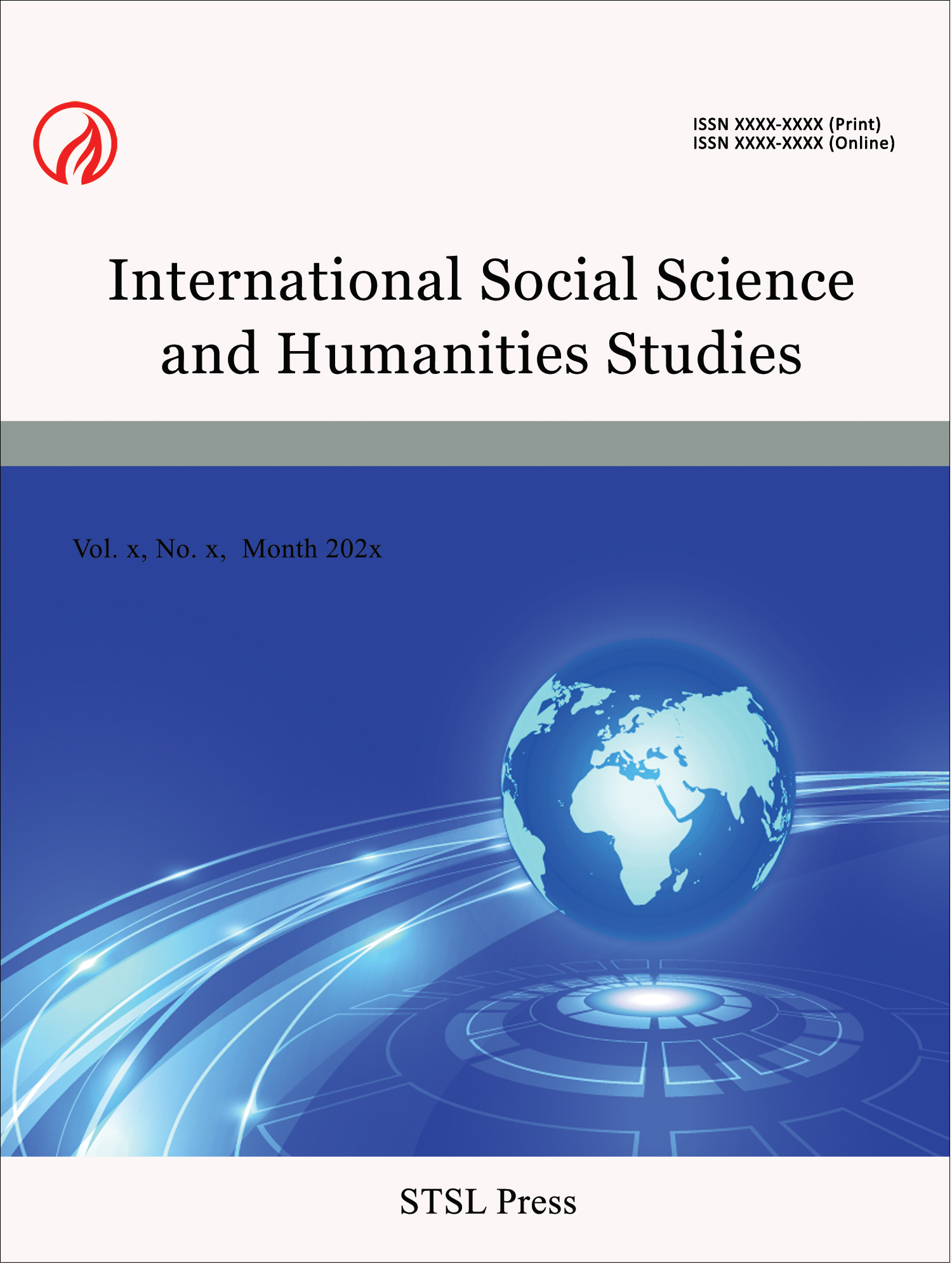The Greek-Turkish Confrontation in the Eastern Mediterranean as a Case Study for Populism’s Role in International Relations during the Early 2020s
Dr. Nikolaos Stelgias
Abstract
Over the past decade, the populist discourse dominated Athens’ and Ankara’s interior and foreign policy, causing the rapid decline of bilateral ties. The prevalence of populism resulted in the recruitment of the polarising civilisational discourse and authoritarian and clientelist politics. These strategies affected both Greek and Turkish foreign policies depending on the intensity with which the respective ruling parties have recruited the recipes of populism. As was expected, populism perpetuated the existing problems in the Greek-Turkish relations and created a new field of controversy, which is the antagonism for the marine areas and energy fields. Greek-Turkish relations of this period may serve as a case study of populism’s impact on international relations. Further, they may shed light on the argument that populism complicates existing problems and creates other areas of controversy, such as those originating from resource nationalism.
Paper:
pdf
DOI:
https://doi.org/10.71002/isshs.v1n2p73
 This work is licensed under a
Creative Commons Attribution 4.0 License.
This work is licensed under a
Creative Commons Attribution 4.0 License.
Contact us
- Peter Wilson
- isshs@stslpress.org
